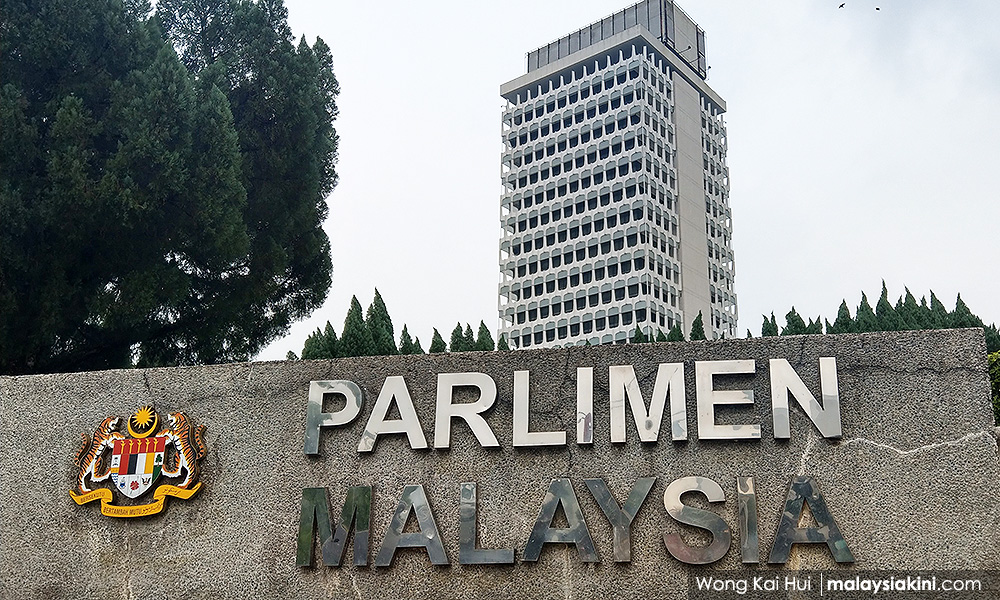
Mr Prime Minister, sir, you have proposed that Parliament through a select committee decide on candidates to be appointed as judges.
With due respect to you Mr Prime Minister, this proposed move by you might be seen as an attempt to procure politically favourable candidates through the back door and I stand to be corrected.
I strongly believe that members of Parliament who are inevitably politicians should stay clear of anything to do with the judiciary (unless authorised by law) and more importantly judicial appointments.
I say this because politicians at the end of the day are subjected to the rule that they must toe the party line and are always beholden to their boss and in this case, it would be you as the prime minister.
I believe, Parliament and members of the executive who are invariably members of Parliament, too, must not be involved in such an important task as it will surely end up, to quote Justice PN Bhagavati the former chief justice of India, as a “ your man and my man” tussle for the esteemed position.
The best option is to maintain and strengthen the Judicial Appointments Commission with fiercely independent individuals to recommend suitable candidates to the Yang di Pertuan Agong and not to the prime minister for the appointment as judges.
In India, it’s the president who appoints judges on the recommendations of the Indian Judicial Appointments Commission and it is given constitutional protection so as to protect it from being regulated by Parliament through the regular legislative procedure.
For the sake of knowledge Mr Prime Minister, sir, the Indian Supreme Court had decided in 2015 that the Indian Judicial Appointments Commission was unconstitutional as it was declared to be an interference to the autonomy of the judiciary by the executive which amounts to tampering with the basic structure of the constitution.
As a result of that Supreme Court decision, the old collegium system is now used to appoint judges. The Supreme Court of India’s collegium now appoints judges after internal consultations with their peers.
The Indian courts have evolved the principle of judicial independence to mean that no other branch of the state which is the legislature and executive will have any say or influence in the appointment of judges.
Mr Prime Minister, I have presented to you the Indian model that you may want to look at instead of proposing a parliamentary select committee to appoint Malaysian judges. I understand that some reforms may need constitutional amendments especially when it comes to removing the powers of the prime minister from having a say in the appointment of judges.
However, if MP’s from both sides of the divide are agreeable to amend the constitution for the sake of reform, we may get the numbers to make the change. As such, we must move towards educating all our MP’s on this.
And further, for the sake of reform, we need move away from this “your man and my man” attitude when it comes to appointing persons to important positions be they in the government or in the judiciary.
Only the right people with the right attitude must be appointed. If we do not move away from this mentality then, I am afraid no reform will ever be possible. -Mkini


No comments:
Post a Comment
Note: Only a member of this blog may post a comment.